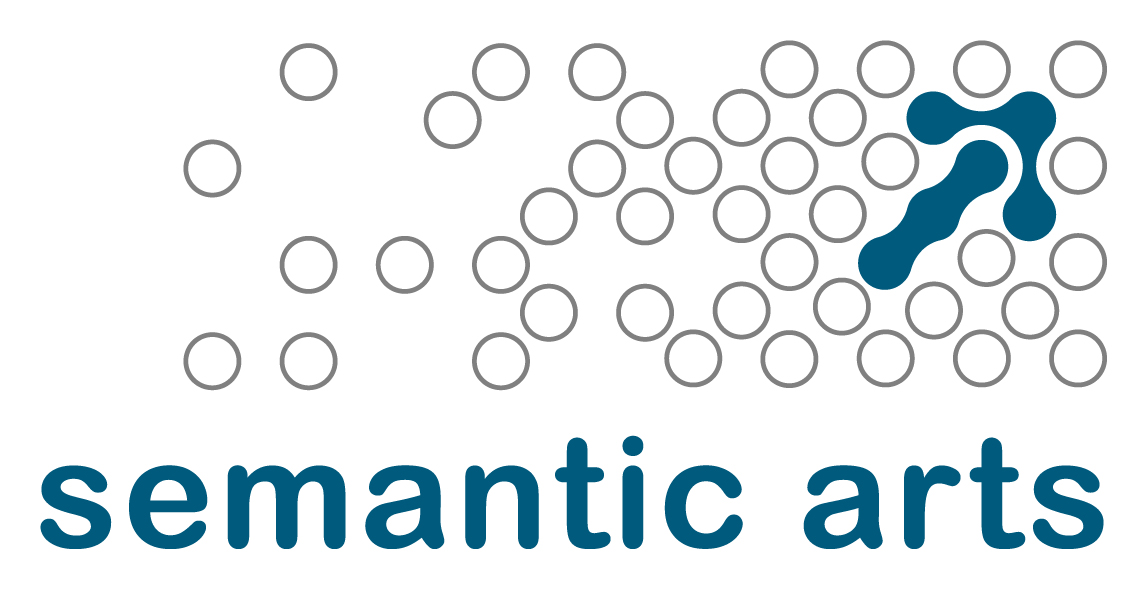 Michael Uschold, Semantic Arts Senior Ontologist, will share a six part series on the importance of distinguishing terms from concepts when building enterprise ontologies for corporate clients. This first article summarizes five key points; each is elaborated in greater detail in the subsequent posts. (Note: The titles of each post will become linkable below as they are published.) The importance of distinguishing Terms and Concepts: Overview
Michael Uschold, Semantic Arts Senior Ontologist, will share a six part series on the importance of distinguishing terms from concepts when building enterprise ontologies for corporate clients. This first article summarizes five key points; each is elaborated in greater detail in the subsequent posts. (Note: The titles of each post will become linkable below as they are published.) The importance of distinguishing Terms and Concepts: Overview
- Don’t Let Terms Get In The Way.Some terms are so broad and used in so many different ways (e.g. ‘risk’, ‘process’, ‘control’), that it may be impossible to get even a small group of people to agree on a single meaning and definition. Oddly, it can be relatively easy to get those same people to agree on a few core things that they all are talking about when they are using the term. The concepts are the real things you are trying to model, the terms are ‘merely’ what you call those things.
- Focus on Concepts First, Then Terms. We noted that getting a clear understanding of what the underlying concepts are is easier than getting agreement on terms. It is also more important, especially in the early stages of discovery and ontology development. When modeling in a logic-based ontology language like OWL, the terms have zero impact on the semantics, the logic and the inference behavior of the ontology. From this perspective terms don’t matter at all. This means we can safely defer the challenging discussions about terminology until after the concepts are firmly in place.
- Identify The Underlying Concepts. In a given enterprise, there is usually a small handful of key concepts that nearly everything else hinges on. In manufacturing, it is about products and specifications. In healthcare, it is about patients and care provision. Identifying these concepts first lays the foundation for building the rest of the ontology.
- Good Terms Are Important For Socializing The Ontology. Terms do matter tremendously for overcoming the challenge of getting other people to learn and understand the ontology. Confusing and inconsistent terminology just exacerbate the problem, which in turn hinders usability. Having good terms matters to the ontology developers so that at a glance, they easily know what a term is intended to mean. It matters even more when socializing the ontology so that others can easily learn and understand it.
- Text Definitions Are Important For Socializing The Ontology. From a logic perspective, text definitions and other comments are meaningless, just as terms are. But in ontology development, they play an even more important role up front than terms do. This is because text definitions are the way we communicate to the stakeholders that we have understood the concepts they have in mind.
Stay tuned- we will discuss each item in further detail in the coming weeks. If you have questions for Michael, email him at Michael.Uschold@SemanticArts.com .



